Education is no longer one-size-fits-all. Students progress at different speeds, ask unique questions, and face diverse challenges. Traditional courses are static, often updated only after completion, leaving many learners behind.
AI agents solve this problem by monitoring progress, adapting content, and supporting both students and instructors in real time.
The result is a more engaging, effective, and efficient learning experience that benefits every participant..
Analyze outlines, workbooks, and assessments to understand the full course structure.
Monitor quiz results, discussion boards, and questions in real time.
Identify recurring challenges and provide targeted interventions.
Adjust pacing, workloads, and assessments immediately based on student performance.
Adapt difficulty, sequencing, and content delivery for individual learners.
Operate seamlessly within current learning management systems.
Use analytics to flag learners who may fall behind or disengage.
Suggest readings, videos, or exercises aligned with individual needs.
Give instructors actionable insights during lectures, labs, or Q&A sessions.
Learn from student interactions to improve recommendations over time.
Innovative institutions are expanding AI agents beyond course delivery:
- Career Guidance: Recommend courses or skills aligned with career paths.
- Wellness Monitoring: Detect early signs of burnout or disengagement.
- Collaboration Support: Facilitate peer study groups based on strengths and needs.
- Administrative Efficiency: Automate scheduling, grading, and communication.
These enhancements position AI agents as strategic partners throughout the student experience, not just instructional tools.
- Corporate training programs that adapt to employee progress.
- University courses serving diverse learner populations.
- Online education platforms seeking real-time personalization.
- Continuing education programs with evolving content requirements.
By leveraging AI agents, these programs scale effectively while maintaining high-quality, adaptive learning experiences.
A mid-sized university piloted an AI agent in its online business program to improve student outcomes without redesigning the course.
Problem detected:
Over 40% of students failed the first financial modeling quiz.AI intervention:The agent flagged struggling students and recommended adding a step-by-step video example.
Action taken:
Instructor recorded and uploaded the video within a week.
Result:
Quiz pass rates rose by 22%, student questions dropped by 50%, and overall course satisfaction increased by 18%.
Real-time adaptation improved learning outcomes for students who were still actively enrolled, demonstrating the power of AI agents in action.
By combining efficiency, personalization, and data-driven insights, they enable courses to evolve as students progress.
The choice is clear: continue with static courses, or embrace AI-powered adaptive learning that transforms the educational experience for students and instructors alike.
